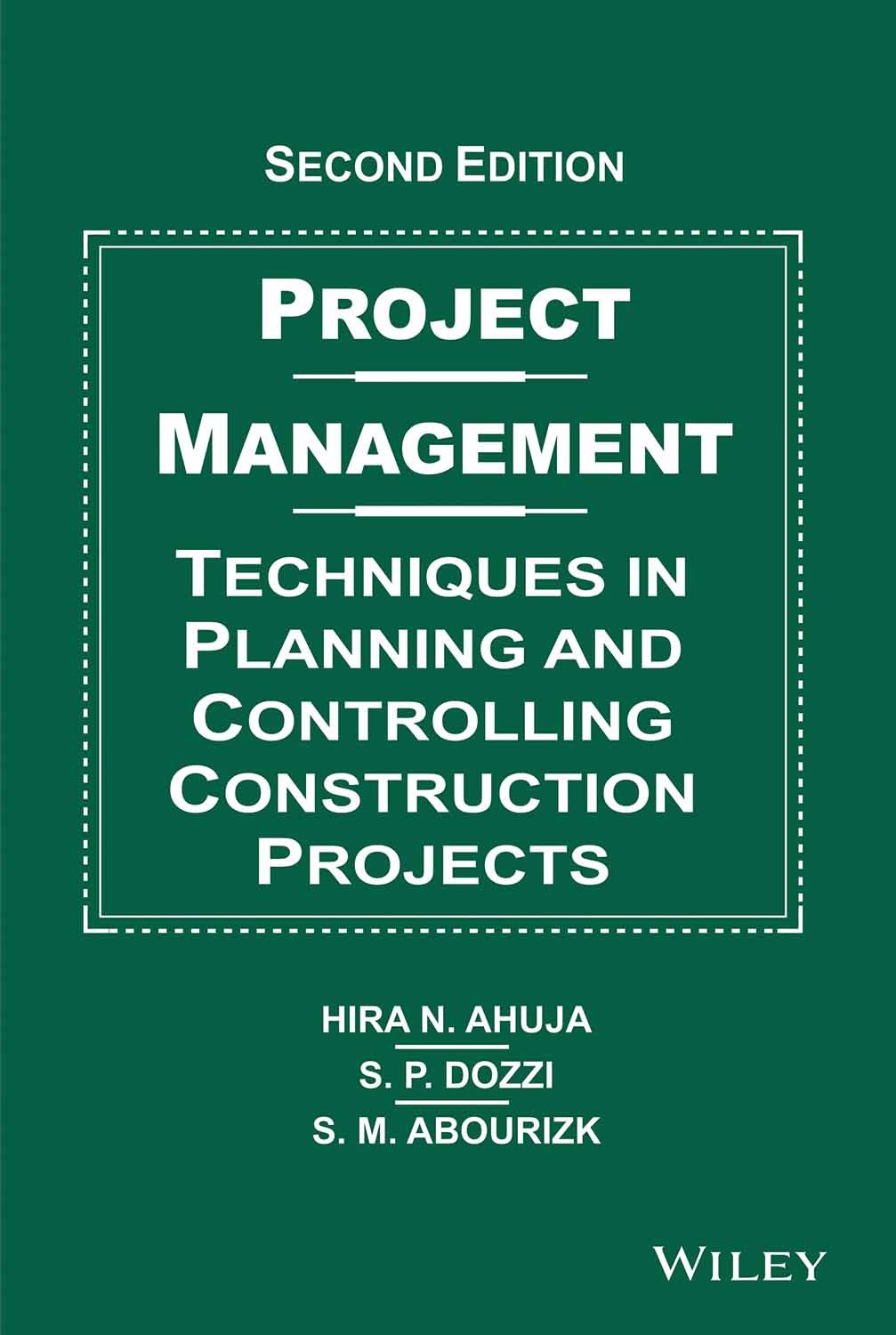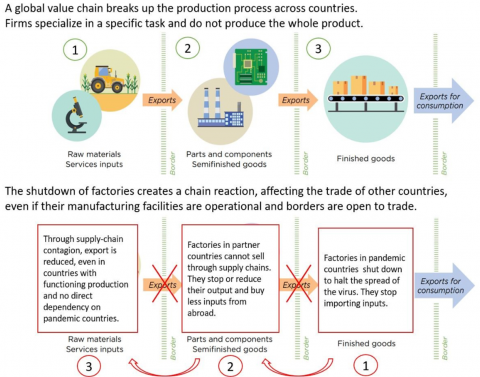
A Project Manager's role is critical to the success and sustainability of any project. This could be the launch of a software application, opening a hotel or building a bridge. The Project Manager oversees the project's progress and ensures it stays within budget. A Project Manager oversees all aspects of the project and develops the plan, which helps the team to achieve success.
Planning: The role of the project manager
The role of the project manager is crucial in the coordination and planning of the project team's work. The manager assists members of the team with their tasks during the planning phase. He also prepares project reports. The project manager also oversees the creation and approval of the project management plan. To ensure that the project meets its goal, the project manager must be accountable for all aspects of the project.
Before a project starts, its manager should establish its objectives and scope, budget, schedule, stakeholder inputs, and budget. A project manager has a huge impact on the project team. This is why ethics, honesty, fairness, and integrity are crucial qualities.
Accountability
Accountability is an essential component of project management. Accountability not only helps keep your team on track, on task, but also allows you to monitor what your team does. You can easily implement accountability management. This can help you create a culture that encourages continuous improvement. Here are some tips that will help you get going.

Accountability is the ability to take responsibility for your actions. You will be more successful in delivering your project on-time and within budget if you and your team are held accountable. A lack of accountability can lead to projects failing to meet their objectives. Project management is a complex process that requires accountability. It can be used to create a culture of transparency and teamwork.
Relationships with stakeholders
One of the fundamental components of project management is maintaining relationships with project stakeholders. Project outcomes can be affected in both positive and negative ways by stakeholders. They may also change throughout the project. So project managers should spend time identifying the most influential stakeholders and building relationships with them.
Understanding the needs of stakeholders is key to building good relationships. Empathy and genuine interest in stakeholders will make them more open to you. It is vital to understand their needs and how they can add value to the project.
Tools
Tools for project management can be essential to the success of a project. They can assist project teams to achieve their objectives while staying within budget. They can help managers balance their team's workload by facilitating communication and sharing documents. However, before you start using these tools, you need to understand what they do and why they are important. In this article, we'll discuss the benefits and features of some of the most popular tools for project management.
Professional scheduling tools are essential for project management. While the interface may not be modern, it is still a good way to manage your projects. Using a timesheet is also a must - it allows you to see delays in project completion and estimate task durations. You should also ensure that the chosen tool has strong security features. This includes 128-bit encryption and dedicated hosting platforms to keep your data safe.

Career path
Project managers should have strong communication skills and technical proficiency if they are interested in a career. A solid knowledge of project management tools and experience managing multiple projects are essential. An excellent project manager will be able to communicate with senior members of your team and understand the needs of stakeholders.
A career as a project manager is rewarding, and it requires strong organizational skills. You will need to plan, execute, and collaborate with other people to track your success. There are many types of projects, and project managers will have to adapt to each one. Also, you will need to be able meet deadlines.
FAQ
How does a manager develop his/her management skills?
You can improve your management skills by practicing them at all times.
Managers must monitor the performance of subordinates constantly.
You must act quickly if you notice that your subordinate isn’t performing to their standards.
It is important to be able identify areas that need improvement and what can be done to improve them.
What are the five management methods?
These five stages are: planning, execution monitoring, review and evaluation.
Planning means setting goals for the long-term. It involves setting goals and making plans.
Execution happens when you actually do the plan. It is important to ensure that everyone follows the plans.
Monitoring allows you to monitor your progress towards achieving your goals. Monitoring should include regular reviews of performance against goals and budgets.
At the end of every year, reviews take place. They provide an opportunity to assess whether everything went well during the year. If not there are changes that can be made to improve the performance next year.
After each year's review, evaluation occurs. It helps to determine what worked and what didn’t. It also provides feedback on the performance of people.
How can we make our company culture successful?
A culture of respect and value within a company is key to a productive culture.
It is founded on three basic principles:
-
Everybody can contribute something valuable
-
People are treated with respect
-
There is mutual respect between individuals and groups
These values can be seen in the behavior of people. They will treat others with respect and kindness.
They will respect the opinions of others.
And they will encourage others to share ideas and feelings.
Company culture also encourages open communication, collaboration, and cooperation.
People feel comfortable expressing their opinions freely without fear of reprisal.
They understand that mistakes can be forgiven as long as they're dealt with honestly.
Finally, the company culture promotes integrity and honesty.
Everyone knows that they must always tell the truth.
Everyone understands there are rules that they must follow.
People don't expect special treatment or favors.
What are the main four functions of management
Management is responsible for organizing, managing, directing and controlling people, resources, and other activities. It includes creating policies and procedures, as well setting goals.
Management helps an organization achieve its objectives by providing direction, coordination, control, leadership, motivation, supervision, training, and evaluation.
Management has four primary functions:
Planning - Planning refers to deciding what is needed.
Organizing: Organizing refers to deciding how things should work.
Directing – This means to get people to follow directions.
Controlling: Controlling refers to making sure that people do what they are supposed to.
Statistics
- The profession is expected to grow 7% by 2028, a bit faster than the national average. (wgu.edu)
- UpCounsel accepts only the top 5 percent of lawyers on its site. (upcounsel.com)
- The average salary for financial advisors in 2021 is around $60,000 per year, with the top 10% of the profession making more than $111,000 per year. (wgu.edu)
- This field is expected to grow about 7% by 2028, a bit faster than the national average for job growth. (wgu.edu)
- Our program is 100% engineered for your success. (online.uc.edu)
External Links
How To
How can Lean Manufacturing be done?
Lean Manufacturing uses structured methods to reduce waste, increase efficiency and reduce waste. They were created in Japan by Toyota Motor Corporation during the 1980s. The goal was to produce quality products at lower cost. Lean manufacturing seeks to eliminate unnecessary steps and activities in the production process. It is made up of five elements: continuous improvement, continuous improvement, just in-time, continuous change, and 5S. Pull systems are able to produce exactly what the customer requires without extra work. Continuous improvement is constantly improving upon existing processes. Just-in time refers to components and materials being delivered right at the place they are needed. Kaizen stands for continuous improvement. Kaizen can be described as a process of making small improvements continuously. Five-S stands for sort. It is also the acronym for shine, standardize (standardize), and sustain. These five elements work together to produce the best results.
The Lean Production System
Six key concepts form the foundation of the lean production system:
-
Flow - The focus is on moving information and material as close as possible to customers.
-
Value stream mapping is the ability to divide a process into smaller tasks, and then create a flowchart that shows the entire process.
-
Five S's – Sort, Put In Order Shine, Standardize and Sustain
-
Kanban - visual cues such as stickers or colored tape can be used to track inventory.
-
Theory of constraints - identify bottlenecks in the process and eliminate them using lean tools like kanban boards;
-
Just-in Time - Send components and material directly to the point-of-use;
-
Continuous improvement is making incremental improvements to your process, rather than trying to overhaul it all at once.